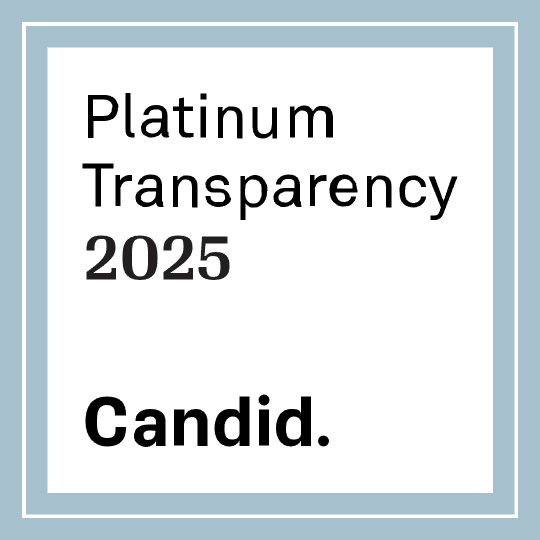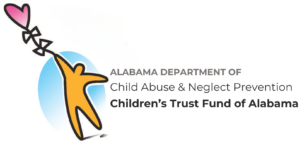Psilocybin mushrooms, also known as magic mushrooms or shrooms, are a type of fungi that contain psychoactive compounds such as psilocybin and psilocin. These compounds are known for their hallucinogenic effects, which can alter perception, mood, and cognition when ingested.[1]
Psilocybin mushrooms have been used for centuries in various cultural and spiritual practices, but they are also consumed recreationally for their mind-altering properties. However, they are illegal in the United States due to their psychoactive nature and potential risks.
In recent years, there has been growing interest in the therapeutic potential of psilocybin mushrooms, particularly in the treatment of mental health conditions such as depression, anxiety, and PTSD.[2] This has not only resulted in increased levels of psilocybin mushroom consumption across the U.S. but also a sort of ‘social acceptability.’
It’s becoming increasingly common to encounter social media influencers openly promoting psilocybin mushrooms on their platforms. They often highlight the perceived benefits of microdosing, leading many to believe it’s safe due to the smaller quantities of drugs involved. However, this fosters a false sense of security and disregards the potential risks associated with consuming these substances.
What is Microdosing?
Microdosing involves consuming relatively small, “sub-therapeutic doses” of a psychedelic substance such as psilocybin mushrooms or LSD. The idea is to take a dosage that is low enough to avoid significant alterations in perception or consciousness, but still enough to potentially produce subtle cognitive enhancements, mood improvements, or creative insights.
Microdosing has gained popularity in recent years, with anecdotal reports suggesting a range of benefits such as increased focus, productivity, creativity, and emotional well-being, although scientific research on microdosing is still very limited.
When it comes to psilocybin, an unregulated substance, it is impossible to control the dose. Not only are there different strains of psilocybin, each of which produces unique effects, but some mushrooms are more potent than others.
Without knowing exactly what you’re getting, it can be easy to take too much, surpassing the amount that is considered a “microdose.” Additionally, using any substance without the guidance of a licensed medical professional can come with unwanted side effects and risks.
Influencer Marketing of Psilocybin Mushrooms
Before social media and the more recent trend of influencer marketing, drug dealers typically relied on word of mouth, anonymous forums, or the dark web to sell their products. But now, it is easy to find a slew of social media profiles on Instagram and TikTok that are marketing illicit substances, ranging from THC to psilocybin mushrooms.
According to Tiney Ricciardi of The Denver Post, “Psilocybin mushroom companies sometimes rely on social influencers to get the word out about their illicit products. Wild Mind Mushrooms, for example, has an affiliate marketing program that provides its marketers with unique codes that shoppers can use to get a discount on infused microdosing capsules, chocolates, and teas.”[3]
These influencers claim the products they are selling are safe, and often get away with doing so because they are promoting microdosing. Rather than encouraging people to get high or “trip” by taking large doses, they promote smaller doses, promising powerful health benefits. Some of these health claims include better sleep, reduced depression, mental focus, improved mood, and PTSD symptom reduction.
Today’s social media influencers have a lot of power over their many followers. Even though it’s common knowledge that companies pay influencers to promote their products, these followers often buy the products being promoted in large quantities, showing just how easily they’re influenced. They simply visit the website of the product the influencer is selling, enter the influencer’s discount code, and have the products shipped right to their door.
Since psilocybin is illegal on a federal level, the products being advertised are highly unregulated, and the influence of social media influencers can lead to uninformed and potentially harmful consumption practices among their followers. Without proper education or guidance on dosage, potential risks, or legal implications, individuals may be tempted to experiment with these substances without fully understanding the consequences of doing so. This lack of oversight and knowledge can increase the likelihood of adverse reactions, extreme psychological distress, or legal consequences.
Is It Legal for Influencers to Advertise Psilocybin Online?
Oregon and Colorado are the first states to decriminalize and legalize the supervised use of psilocybin. Several cities, including Santa Cruz, CA, Seattle, WA, and Detroit, MI, have also decriminalized the substance.
While supervised psilocybin use may have potential in treating a variety of conditions, research is limited, and the medical benefits are still being revealed and studied. As such, psilocybin mushrooms remain illegal on a federal level and are considered a Schedule I controlled substance.[4]
Although it is illegal in most jurisdictions to buy and sell magic mushrooms, influencer marketing is the newest form of advertising, so it is highly unrestricted. Unlike television advertisements, there are very few laws and regulations about this type of advertising. There also is not a clear distinction between whether the illegal sale of psilocybin would be the fault of the influencer, the company who is paying them, or both. The territory is simply too new.
Ethical Considerations
Whether or not this type of influencer marketing is legal is certainly a gray area, but so are the psychosocial implications that come with promoting a mood-and-mind-altering substance to tens of thousands–sometimes millions–of followers, many of whom are young and impressionable. After all, there’s a fine line between advocating for personal freedom or sharing one’s lifestyle and the paid promotion of potentially harmful behavior, especially when it comes to substances with psychoactive properties and an illegal status.
While influencers may tout the benefits of microdosing and advocate for the therapeutic potential of psychedelic drugs, they often do so without proper scientific backing or consideration for the potential risks involved. They fail to consider the ways in which their followers could be harmed or that everyone has different experiences with psychoactive substances.
Ethical considerations such as these are not limited to influencer marketing of psilocybin mushrooms. Brands of all kinds and intents are paying influencers large amounts of money to push their products online, often without fully informing the audience about the potential risks involved.
In an age where everyone is on social media, it’s crucial to be smart about what you see and share online. Especially for young users, monitoring social media activity is essential to ensure they’re making safe and informed choices about the type of media and products they consume.
References:
- https://nida.nih.gov/research-topics/psilocybin-magic-mushrooms
- https://www.denverpost.com/2024/03/04/magic-mushrooms-psychedelics-social-media-influencer-marketing/
- https://theappeal.org/the-lab/explainers/the-movement-to-decriminalize-psilocybin-explained/
- https://www.dea.gov/sites/default/files/2020-06/Psilocybin-2020.pdf









